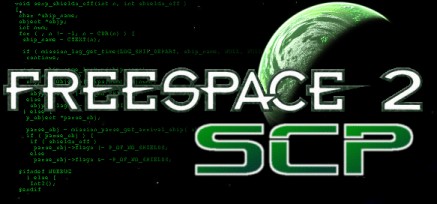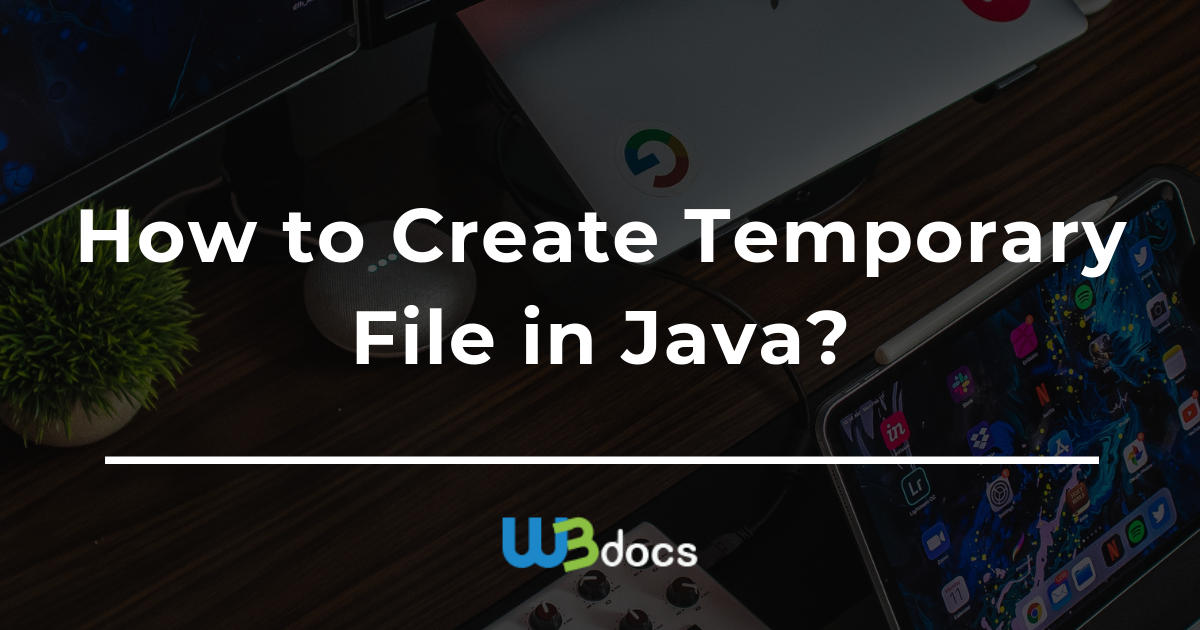

- #Freespace open installer could not create temporary file upgrade
- #Freespace open installer could not create temporary file software
- #Freespace open installer could not create temporary file free
Didn't include 28 because that's the one that your upgrade was trying to upgrade to (you can tell that from the iF status next it, meaning that it's "half configured").
 Didn't include 26 obviously because that is the kernel version you are currently running! That's the version we got from the command uname -r, remember? We never want to remove that!. I didn't include versions 25, 26 and 28 because of the following reasons: This command will remove the versions mentioned in the brackets. ): sudo apt-get purge linux-image-3.5.0-generic The command is this ( DO NOT RUN THE COMMAND YET! Read the following. But, there's a way to do all of this through one command. sudo apt-get purge linux-image-3.5.0-19-generic. sudo apt-get purge linux-image-3.5.0-18-generic. sudo apt-get purge linux-image-3.5.0-17-generic. So, in your case, because you have a lot of old versions (17, 18, 19, etc.), we would have to run this command for each of the versions, like this: The command to remove an old kernel version is: sudo apt-get purge linux-image-x.x.x-xx-generic Take a note of that number, 26! The following commands will assume that that's the kernel you're running. The command will say something like this 3.5.0- 26-generic. We never want to remove that kernel version. We need to remove the old versions.įirst, I want you to run the command uname -r in a terminal, this will show you the kernel version you are currently using. This is because there are old kernels installed that are not needed you can tell that by looking at the output of dpkg -l | grep linux-image that you posted, where you can see more than one " linux-image" with different versions. Okay, so from the output of /etc/fstab you posted, it seems that your /boot is mounted on a separate partition, and from the output of df -h, that partition is full. For the best/easiest way to remove old kernels, please review the other answers. Note: this answer is meant to be more of an 'explanation' than providing the best/easiest way to remove old kernels. dev/fd0 /media/floppy0 auto rw,user,noauto,exec,utf8 0 of df -h: Filesystem Size Used Avail Use% Mounted on dev/mapper/ubuntu-swap_1 none swap sw 0 0 # /boot was on /dev/sda1 during installation dev/mapper/ubuntu-root / ext4 errors=remount-ro 0 1 # that works even if disks are added and removed. # device this may be used with UUID= as a more robust way to name devices # Use 'blkid' to print the universally unique identifier for a This is the output from typing in cat /etc/fstab into the Terminal: # /etc/fstab: static file system information. I want to upgrade to 13.04 but understand I have to finish these first. All of the pages I read seem to be for experienced Ubuntuers.
Didn't include 26 obviously because that is the kernel version you are currently running! That's the version we got from the command uname -r, remember? We never want to remove that!. I didn't include versions 25, 26 and 28 because of the following reasons: This command will remove the versions mentioned in the brackets. ): sudo apt-get purge linux-image-3.5.0-generic The command is this ( DO NOT RUN THE COMMAND YET! Read the following. But, there's a way to do all of this through one command. sudo apt-get purge linux-image-3.5.0-19-generic. sudo apt-get purge linux-image-3.5.0-18-generic. sudo apt-get purge linux-image-3.5.0-17-generic. So, in your case, because you have a lot of old versions (17, 18, 19, etc.), we would have to run this command for each of the versions, like this: The command to remove an old kernel version is: sudo apt-get purge linux-image-x.x.x-xx-generic Take a note of that number, 26! The following commands will assume that that's the kernel you're running. The command will say something like this 3.5.0- 26-generic. We never want to remove that kernel version. We need to remove the old versions.įirst, I want you to run the command uname -r in a terminal, this will show you the kernel version you are currently using. This is because there are old kernels installed that are not needed you can tell that by looking at the output of dpkg -l | grep linux-image that you posted, where you can see more than one " linux-image" with different versions. Okay, so from the output of /etc/fstab you posted, it seems that your /boot is mounted on a separate partition, and from the output of df -h, that partition is full. For the best/easiest way to remove old kernels, please review the other answers. Note: this answer is meant to be more of an 'explanation' than providing the best/easiest way to remove old kernels. dev/fd0 /media/floppy0 auto rw,user,noauto,exec,utf8 0 of df -h: Filesystem Size Used Avail Use% Mounted on dev/mapper/ubuntu-swap_1 none swap sw 0 0 # /boot was on /dev/sda1 during installation dev/mapper/ubuntu-root / ext4 errors=remount-ro 0 1 # that works even if disks are added and removed. # device this may be used with UUID= as a more robust way to name devices # Use 'blkid' to print the universally unique identifier for a This is the output from typing in cat /etc/fstab into the Terminal: # /etc/fstab: static file system information. I want to upgrade to 13.04 but understand I have to finish these first. All of the pages I read seem to be for experienced Ubuntuers. 
I tried typing in sudo apt-get clean into the Terminal but I still get the message.
#Freespace open installer could not create temporary file free
Please free at least an additional 25.3 M of disk space on `/boot`.Įmpty your trash and remove temporary packages of former installations it says: The upgrade needs a total of 25.3 M free space on disk `/boot`.
#Freespace open installer could not create temporary file software
I'm getting an error in software updater when I try and do my daily updates.







 0 kommentar(er)
0 kommentar(er)
